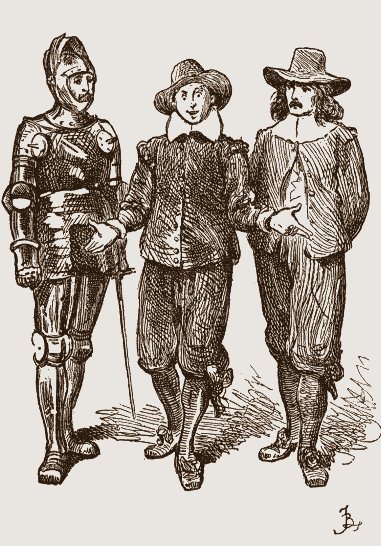Today is Good Friday. It is called Good Friday even though it is the day that we observe the death of Christ on the cross. So why is it called Good Friday? I won't dwell on the history of it, but I do want to tackle the theological thoughts behind evil as it relates to the cross (i.e., the death of Christ).
There are plenty of books (see below) and
websites that discuss
evil. It is a topic worthy of study. I am not a philosopher nor a theologian but I know several things that are clear from Scripture:
1. Evil is real. We can all recognize evil when we see it. In Scripture we see it from the beginning in the book of Genesis.
2.
Evil does not originate from God. The Bible is clear that
evil does not come from God. See Psalm 5:4. He does not even tempt anyone to do any sin or evil (see James 1:13). He cannot. It is against his very own nature. Though it is hard for our finite minds to harmonize God's goodness with evil, we know from Scripture that God is not the cause or the originator of evil.
3.
Satan was the first to do evil (e.g. sin). He not only sinned but tempted many to sin including Adam and Even in Genesis 3. He opposes everything God does and wants to do evil. He wants to kill and destroy (see John 8:44).
4. We are all born sinners with a sinful nature prone to evil acts. See Psalm 51:5; Romans 5:12.
5. The greatest evil happened on Good Friday.
Evil man killed the holy, perfect, sinless Son of God (Acts 2:23) and yet it was God's plan all along. He came to die on the cross (became cursed by God - Galatians 3:13) for our sins to redeem us from them and to defeat Satan's evil works (1 John 3:8). It is because of Christ that we experience a new life of Christ that does not have to be dominated by sin and evil. The greatest injustice brought forth the greatest act of mercy and grace.
 “For whatever reason God chose to make man as he is— limited and suffering and subject to sorrows and death—He had the honesty and the courage to take His own medicine. Whatever game He is playing with His creation, He has kept His own rules and played fair. He can exact nothing from man that He has not exacted from Himself. He has Himself gone through the whole of human experience, from the trivial irritations of family life and the cramping restrictions of hard work and lack of money to the worst horrors of pain and humiliation, defeat, despair and death. When He was a man, He played the man. He was born in poverty and died in disgrace and thought it well worthwhile” (quoted here).
“For whatever reason God chose to make man as he is— limited and suffering and subject to sorrows and death—He had the honesty and the courage to take His own medicine. Whatever game He is playing with His creation, He has kept His own rules and played fair. He can exact nothing from man that He has not exacted from Himself. He has Himself gone through the whole of human experience, from the trivial irritations of family life and the cramping restrictions of hard work and lack of money to the worst horrors of pain and humiliation, defeat, despair and death. When He was a man, He played the man. He was born in poverty and died in disgrace and thought it well worthwhile” (quoted here).
6. God is sovereign over evil.
Scripture is clear that God is sovereign over everything including evil (see Isaiah 45:7). I cannot understand how this works but I have to trust God. One day God will destroy evil and it will be no more (Revelation 21:5). God will reign. Jesus will reign. Goodness will reign.
Books on evil:
Alcorn, Randy. If God is Good: Faith in the Midst of Suffering and Evil. 2009.
Geisler, Norman. The Roots of Evil. 1978. Also If God, Why Evil?: A New Way to Think about the Question. 2011
Keller, Timothy. Walking with God Through Pain and Suffering. 2013
Lewis, C. S. The Problem of Pain.1950.
Wright, N.T. Evil and the Justice of God. 2013
 Chapter 4 - God's Will and God's Promise
Chapter 4 - God's Will and God's Promise Chapter 4 - God's Will and God's Promise
Chapter 4 - God's Will and God's Promise


